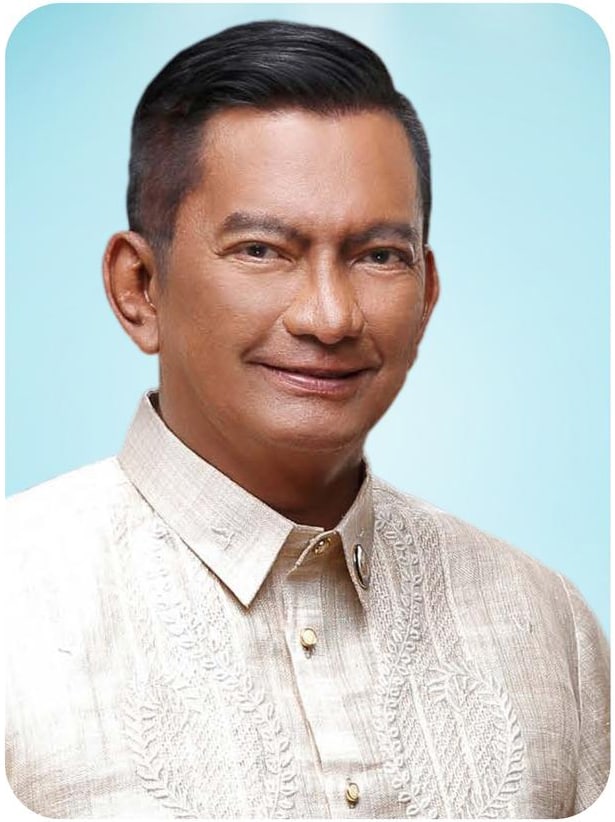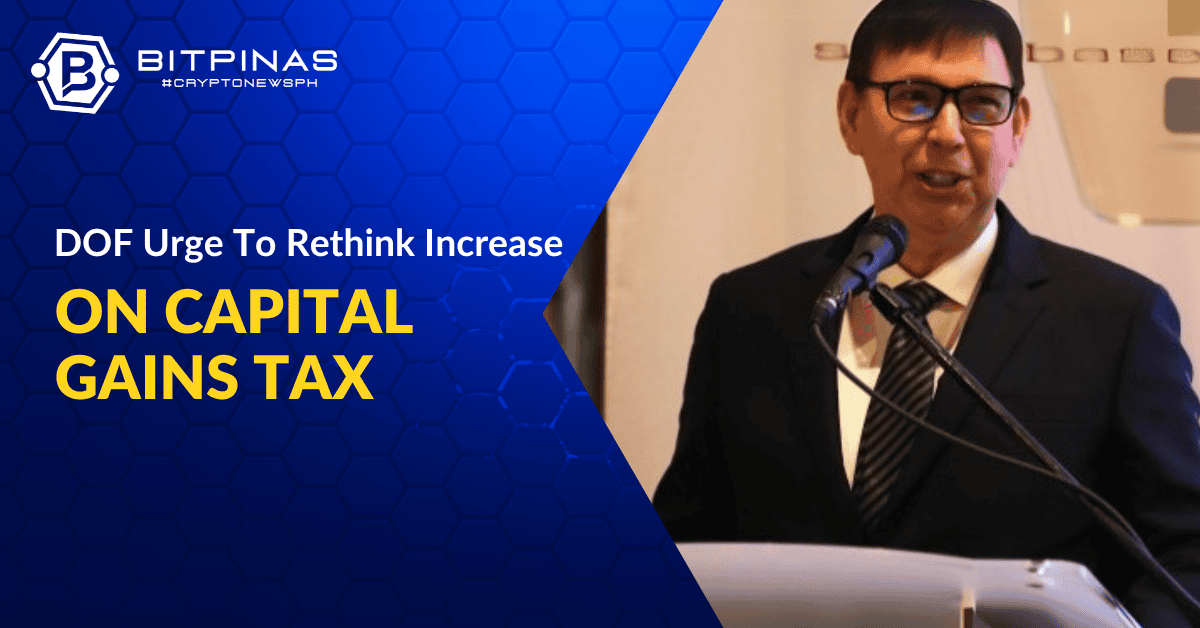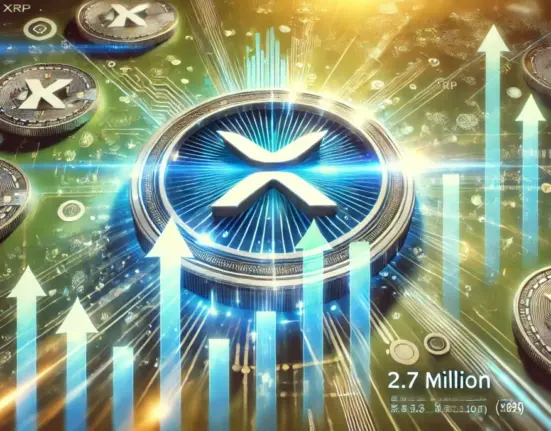Eyeing more revenues for the Philippine government, Department of Finance (DOF) Secretary Ralph Recto expressed plans to increase the tax rates for capital gains, donor taxes and estate taxes from 6% to 10%.
However, Albay Representative Joey Salceda, chairman of the House Ways and Means Committee of the House of Representatives, warned that raising taxes is not a good idea.


Recto’s Plans on Tax Increase
The increase in tax rates for capital gains, donor taxes and estate taxes is part of the Growth Bill, formerly known as the Passive Income and Financial Intermediary Taxation Act.
Recto said the move is expected to generate about ₱300 billion from 2025 to 2030.
- Capital gains refer to the profit earned from the sale of an asset, such as stocks, bonds or real estate. Meanwhile, a donor tax is charged when a donor transfers property to someone as a gift, and an estate tax is charged to inherited assets.
In addition to the increased tax rates for capital gains, donor taxes and estate taxes, the tax rate on interest on residents’ deposits under the foreign currency deposit system accounts will also increase from 15% to 20%.
While tax rates on gross receipts and withholding taxes will not be affected, exemptions will be removed.
- Recto also mentioned plans to increasing the 20% withholding tax on passive income, but would let it stay while removing all exemptions.
Currently, the Growth Bill is still a proposal and is part of the Comprehensive Tax Reform Package, an initiative by the Philippine government to simplify the country’s tax system. The bill has not yet been formally filed in the lower house.
Once the DOF proposal is formally filed with the House of Representatives, the House Ways and Means Committee will review it, and it will undergo committee referral. As mandated, the committee’s jurisdiction covers fiscal, monetary and financial affairs of the national government, including tariffs, taxation, revenues, borrowing, credit and bonded indebtedness.
“Because of this, that’s P300 billion for the next five years. So you could say that’s a new tax. But in my opinion, it won’t affect the masses. It’s not consumption-based, these are financial taxes.”
Ralph Recto, Secretary, Department of Finance (source)
If the tax increase pushes through, Recto said it will be effective until 2030 only, unless extended by the lower house.
Salceda’s Caution on Tax Increase
On the other hand, Salceda cautioned the executive that the DOF’s plans could cause capital flight. As defined by Investopedia, capital flight is the large-scale outflow of financial assets and capital from a country due to negative monetary policies, political instability or capital controls.
“We want to be careful not to induce capital flight during a turbulent economic period. I’m not sure when Trump’s hardball strategies will ease. If the government is in need of revenues, I would go for the luxury goods tax first. That is a better tax on the wealthy.”
Albay Representative Joey Salceda, Chairman, House Ways and Means Committee, House of Representatives of the Philippines
Moreover, Salceda pointed out that the 6% tax rate is already high compared to other countries. Taxes on capital gains are also charged on the whole value and not just the profit.
Though the tax increase plans are not yet formally proposed, the economist lawmaker said he already conveyed his concerns to the office of Special Assistant to the President for Investment and Economic Affairs Secretary Frederick Go.
However, the Ways and Means chairman said he is giving Recto a “free hand” on fiscal policy, expressing his support for the fiscal goal of the DOF.
“Most likely, the decision will no longer be up to this Congress, which I am graduating from. I would like to give Secretary Recto a free hand on fiscal policy. So, my reservations will not bind the next Congress, and I support the DOF’s goal of fiscal consolidation in general.”
Albay Representative Joey Salceda, Chairman, House Ways and Means Committee, House of Representatives of the Philippines
Salceda, as the chairman of the House Ways and Means Committee, expressed years ago plans to create a group that would study the possibility of taxing digital assets, including cryptocurrencies and non-fungible tokens (NFTs), which could fall under the Value Added Tax.
Consequently, the economist representative proposed taxing foreign crypto exchanges in the country and freelance and online workers.
Effects of Tax Rate Increase to the Public
Recto emphasized that once implemented, Filipinos will not feel the effects of tax rate increases under the Growth Bill, as these are not consumption-based taxes.
However, digital news agency Primer reported that there are fears about how the tax hike could hurt Filipinos, as sellers may pass the tax burden to buyers.
The middle class, which makes up around 22% of the population, could also be the most affected sector, as they lack access to tax-saving tools, the news agency reported.
Lastly, Primer noted that the increased tax rates could slow real estate activity, resulting in fewer transactions and job losses in the industry.
This article is published on BitPinas: Recto Pushes Tax Hike on Capital Gains; Salceda Warns of Capital Flight
What else is happening in Crypto Philippines and beyond?









